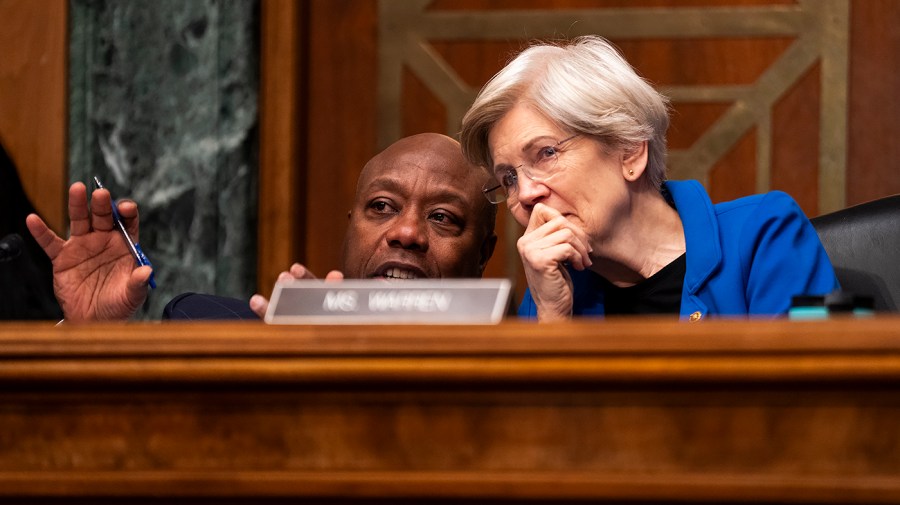The Fight Over ‘Debanking’: A Growing Political Controversy
The issue of “debanking” has recently become a hot-button political topic, with accusations flying from both sides of the aisle. Here’s what you need to know about this controversial practice and why it’s causing such a stir in Washington.
What is Debanking?
Debanking, also known as de-risking, is the practice of financial institutions closing accounts or denying services to individuals or organizations they perceive as high-risk. This can happen for various reasons, including concerns about money laundering, terrorism financing, or reputational risks.
The Current Controversy
Republicans are accusing the Biden administration of pressuring banks to cut ties with conservative-aligned businesses and individuals, while Democrats have raised concerns about discrimination against Muslim Americans and other minority groups.
Key Developments
1. Congressional investigations are underway, with both the House Oversight Committee and the Senate Banking Committee looking into the matter.
2. High-profile figures like former President Donald Trump have publicly criticized banks for alleged discriminatory practices.
3. Bipartisan concern is growing, with lawmakers from both parties expressing worries about the impacts of debanking.
Why It Matters
Debanking can have severe consequences for those affected, potentially cutting them off from essential financial services and impacting their ability to participate in the economy. The political implications are significant, as accusations of ideological discrimination in banking touch on fundamental issues of fairness and access to financial services.
Different Perspectives
Republican View: Some Republicans argue that the Biden administration has been using regulatory pressure to target conservative-aligned businesses and individuals.
Democratic View: Democrats have raised concerns about discrimination against Muslim Americans and other minority groups in banking practices.
Bipartisan Concern: There’s growing agreement across party lines that debanking poses risks to financial inclusion and economic participation.
Background and Context
The practice of debanking isn’t new, but it has gained increased attention in recent years. Historically, it has been used as a risk management tool by banks to comply with anti-money laundering and counter-terrorism financing regulations.
Looking Ahead
As investigations continue and lawmakers propose solutions, the debate over debanking is likely to remain a significant political issue. Potential outcomes could include new regulations on banking practices, increased oversight of financial institutions, or legislative action to protect against discriminatory debanking. This complex issue intersects with concerns about financial inclusion, regulatory overreach, and political polarization, making it a key battleground in current political discourse.









